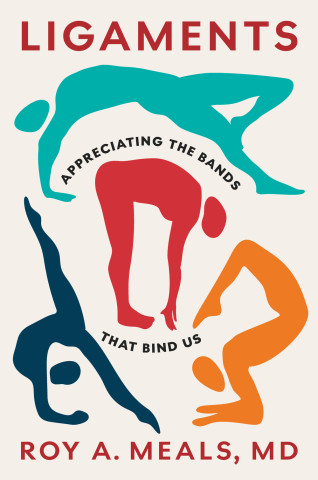
Reviews
Descriptions and Prescriptions is one of the best accounts of the intense debates on the values underlying the DSM, the need for accountability in psychiatric diagnosis, and some of the chief philosophical and political issues in psychiatry.
Anyone who believes that developing the best diagnostic manual possible is an important and complicated task, and also wants to contribute to the process in a scholarly and reflective way, is well-advised to study these chapters.
This is a stimulating book for healthcare professionals interested in the clarity and development of psychiatric diagnoses, and while most appropriate for the seasoned professional, it can be a useful stimulant to the advanced student in psychiatric healthcare professions.
In particular, I believe this volume has explicit value for all who serve on a DSM-V committee, as well as those with an interest in nosology or medical sociology, those with a critical role in psychiatric education, or those who simply have a philosophical bent (a non-DSM character trait).
The scholarship is of high quality and the contributors draw deeply on the literature relevant to their methodologies and perspectives. The multiplicity of approaches nicely illustrates the book's major aim: to make the process of devising a psychiatric nosology more democratic and inclusive.
Book Details
List of Contributors
Acknowledgments
Part I: Introduction and Background
1. Introduction
2. The Limits of an Evidence-Based Classification of Mental Disorders
3. Values, Politics, and Science in the
List of Contributors
Acknowledgments
Part I: Introduction and Background
1. Introduction
2. The Limits of an Evidence-Based Classification of Mental Disorders
3. Values, Politics, and Science in the Construction of the DSMs
Part II: Conceptual and Methodological Considerations
4. Values and Objectivity in Psychiatric Nosology
5. Survival of the Fittest? Conceptual Selection in Psychiatric Nosology
6. Technical Reason in the DSM-IV: An Unacknowledged Value
7. Implications of a Pragmatic Theory of Disease for the DSMs
8. Rethinking Normativism in Psychiatric Classification
Part III: Diagnostic Categories and Values
9. Evaluation and Devaluation in Personality Assessment
10. Values and Validity of Diagnostic Criteria: Disvalued versus Disordered Conditions of Childhood and Adolescence
11. Implications of an Embrace: The DSMs, Happiness, and Capability
12. Why Criteria of Involuntary Action Are Value Laden
Part IV: Personal and Collective Interests
13. The Hegemony of the DSMs
14. What Patient and Families Look for in Psychiatric Diagnosis
15. Softened Science in the Courtroom: Forensic Implications of a Value-Laden Classification
16. Speaking Across the Border: A Patient Assessment of Located Languages, Values, and Credentials in Psychiatric Classification
17. Psychotherapists as Authors: Microlevel Analysis of Therapists' Written Reports
Part V: Visions for the Future
18. Clinical and Etiological Psychiatric Diagnoses: Do Causes Count?
19. Defining Genetically Informed Phenotypes for the DSM-V
20. Values in Developing Psychiatric Classifications: A Proposal for the DSM-V
21. Report to the Chair of the DSM-VI Task Force from the Editors of Philosophy, Psychiatry, and Psychology, "Contentious and Noncontentious Evaluative Language in Psychiatric Diagnosis" (Dateline 2010)
References
Index





